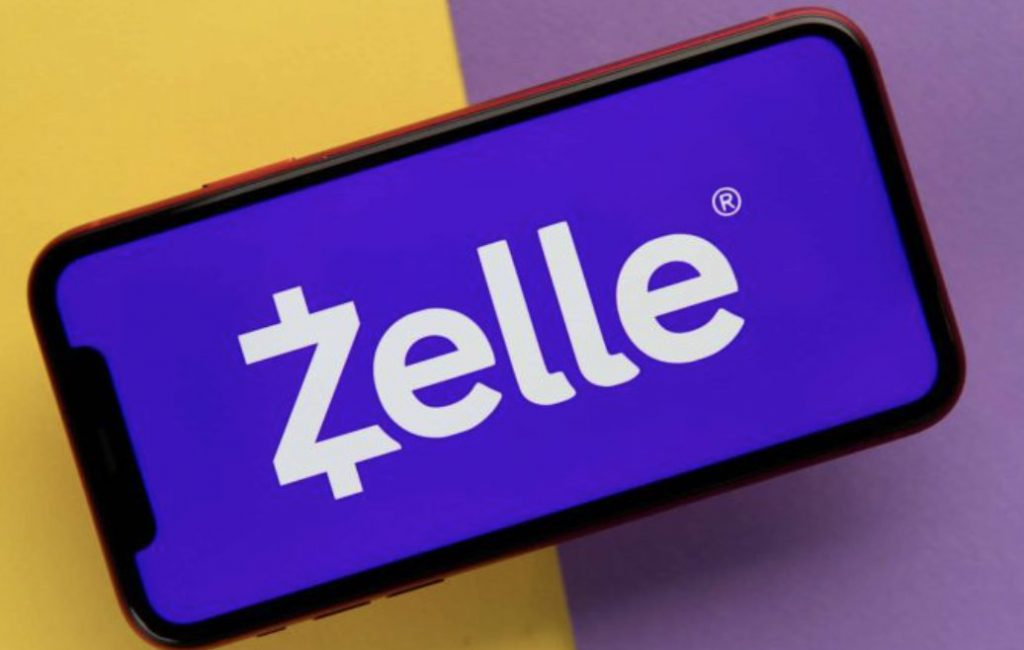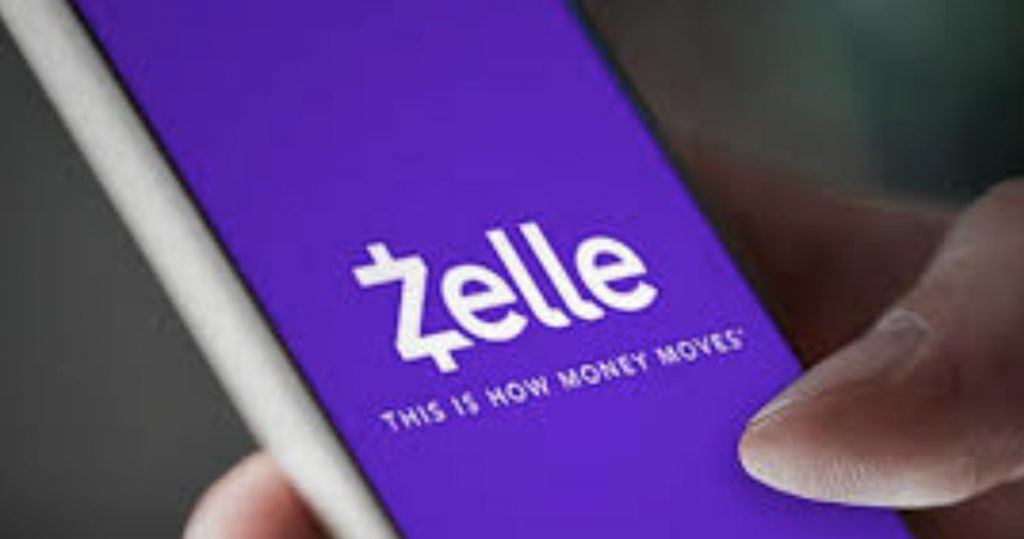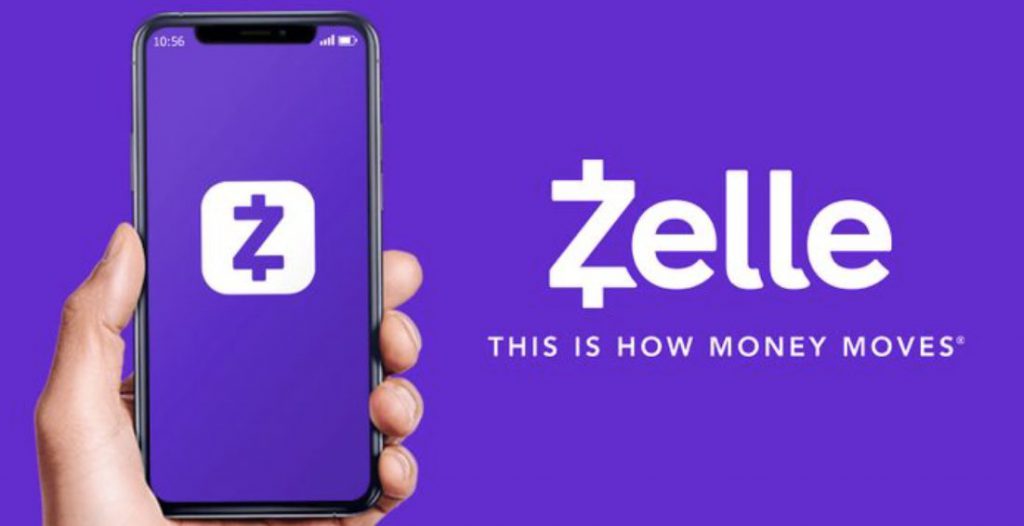Guide: Can Zelle Refund Money if Scammed?
In today’s digital age, peer-to-peer payment apps have become increasingly popular, offering convenient and quick ways to transfer money. One such app, Zelle, allows users to send and receive money directly from their bank accounts.
However, the rise in the use of Zelle has also led to an increase in scams and fraudulent activities. Victim of a Zelle scam? Wondering about recovering your money? Can Zelle Refund Money if Scammed?
In this comprehensive guide, we will explore the options available to you and provide step-by-step guidance on recovering your funds.
Also Read: Does Chime Work With Zelle?


The Growing Threat of Zelle Scams
With its user-friendly interface and seamless integration with major banks, Zelle has quickly become a prime target for scammers.
Senator Elizabeth Warren’s report reveals Zelle users lost more than $250 million to scams in 2022. Banks reimbursed only 9.6% of victims.
Alarming statistics emphasize the importance of user vigilance and proactive measures against Zelle scams.
Understanding the Distinction: Fraud vs. Scam
Before delving into the steps you can take to recover your funds, it’s essential to understand the difference between fraud and scams in the context of Zelle payments.
This distinction plays a crucial role in determining your chances of getting a refund.
Fraud: In the case of fraud, someone gains unauthorized access to your bank account and initiates a Zelle payment without your knowledge or permission.
This could involve theft or unauthorized transactions.
If you discover unauthorized activity in your account, it is vital to report it immediately to your bank or financial institution. In most cases of fraud, you can expect to be reimbursed for the lost funds, as you did not authorize the transaction.
Scam: Scams, on the other hand, involve situations where you knowingly authorize a Zelle payment, but the transaction does not unfold as expected.
This can occur when you are tricked or persuaded into sending money for a promised good or service that is never delivered. In such instances, it becomes more challenging to recover your money, as you willingly initiated the payment.
Also read: What Bank is Chime on Zelle?
Zelle’s Refund Policy: Can Zelle Refund Money if Scammed?
When it comes to refunding scam Zelle payments, the outlook is not particularly promising.
Unlike other payment apps like Venmo, which offer certain forms of payment protection, Zelle treats transactions as cash, making them irrevocable once sent.
Additionally, Zelle provides no official recourse for users who fall victim to scams or fraudulent activities.
This means that if you send money for a product that never arrives or a service that is not provided, you have no guarantee of getting your money back.


The Role of Banks and the Electronic Fund Transfer Act
Given that Zelle itself does not provide reimbursement for scams, it is important to understand the role of your bank or financial institution in such situations.
Banks typically adhere to the regulations outlined in the Electronic Fund Transfer Act, also known as Regulation. This federal law governs electronic transfers and provides certain protections for consumers.
While Regulation E does offer protections for unauthorized transactions, it does not explicitly cover situations where users willingly initiate payments, even if they are victims of scams.
Banks may argue that since the user authorized the payment, they are not liable for the loss. This can make it difficult to convince your bank to reimburse you for fraudulent Zelle payments.
However, it is worth noting that some banks, such as Bank of America, have implemented additional measures to protect their customers from scams.
Bank of America, for instance, offers a $0 Liability Guarantee for fraudulent Zelle transactions, ensuring that customers are not held responsible for unauthorized payments.
Familiarizing yourself with your bank’s specific policies and protections regarding Zelle transactions is crucial.
Steps to Take If You’ve Been Scammed on Zelle
While the chances of getting a refund for scammed Zelle payments may be slim, it is still important to take immediate action to maximize your chances of recovering your funds.
Here are the steps you should follow if you find yourself in such a situation:
1. Contact Your Bank or Financial institution.
The first and most crucial step is to contact your bank or financial institution when you discover that you have been scammed on Zelle.
Inform them of the fraudulent transaction and provide relevant details like the amount lost, the recipient’s information, and evidence.
They’ll guide you through their scam-handling process and provide assistance or advice for recovery options.
2. File a Police report.
In scams, it is essential to file a police report to document the incident officially. This report will indicate fraudulent activity and can be useful when dealing with your bank and law enforcement agencies.
Ensure you provide all the relevant details and any supporting evidence you have gathered to strengthen your case.
3. Gather evidence.
Collect as much evidence as possible to support your claim of being scammed on Zelle. This can include screenshots of conversations or emails with the scammer, receipts or invoices for the promised goods or services, and other relevant documentation. The more evidence you have, the stronger your case will be when seeking reimbursement.
4. Keep Detailed records.


Throughout the recovery process, it is crucial to maintain detailed records of all your interactions with your bank, law enforcement agencies, and any other parties involved.
Keep a record of dates, times, names of individuals you speak with, and a summary of the discussions. This will help you stay organized and provide a clear timeline of events if needed in the future.
5. Be Persistent and Follow up.
Recovering funds from scammed Zelle payments can be a lengthy and challenging process. It is important to be persistent and follow up regularly with your bank or financial institution to ensure that your case is being actively investigated.
Stay in touch with them, provide any additional information they may request, and ask for updates on the progress of your case.
6. Seek Legal advice.
If your bank refuses to reimburse you for the scammed Zelle payment or if you encounter significant difficulties in the recovery process, it may be wise to seek legal advice.
Consult with an attorney specializing in consumer protection or fraud cases to understand your rights and explore any legal avenues available.
7. Educate Yourself and Spread awareness.
While it may not help you recover your funds, one of the most impactful actions you can take is to educate yourself and others about Zelle scams.
Familiarize yourself with the common tactics scammers use, such as impersonating trusted institutions or individuals, and share this knowledge with your friends, family, and community.
Raising awareness can help prevent others from falling victim to similar scams.
Protecting Yourself from Zelle Scams
Prevention is always better than cure, and taking proactive measures to protect yourself is crucial when it comes to Zelle scams. Here are some tips to help safeguard your finances and avoid falling victim to Zelle scams:
1. Be Skeptical of Unsolicited Calls or messages.
Scammers often employ tactics such as impersonating bank employees or other trusted entities to gain your trust. Be wary of unsolicited calls or messages requesting personal information or asking you to initiate a Zelle payment.
Remember that legitimate institutions will never ask you to send money or provide sensitive information over the phone or through unsolicited messages.
2. Verify Requests independently.
If you receive a request for payment through Zelle, independently verify the request’s legitimacy before proceeding. Contact the person or business directly using a verified phone number or email address that you obtained from a reliable source.
Doing so lets you confirm whether the request is genuine or a potential scam.
3. Protect your Personal information.
Keep your personal information secure and confidential, such as your bank account details and login credentials. Avoid sharing sensitive information with unknown individuals or entities, especially through non-secure channels like email or text messages.
Regularly monitor your bank account for suspicious activity and report unauthorized transactions immediately.
4. Enable Two-Factor authentication.
Wherever possible, enable two-factor authentication for your Zelle account and other online banking services.
An extra layer of security is added through two-factor authentication, requiring a unique code and login credentials. Two-factor authentication can significantly reduce the risk of unauthorized access to your accounts.
5. Stay informed.
Stay updated on the latest scams and fraud schemes targeting Zelle users. Regularly check your bank’s websites, the Consumer Financial Protection Bureau (CFPB), and other reputable sources for news and alerts about emerging scams.
By staying informed, you can recognize potential red flags and take the necessary precautions to protect yourself and your finances.
Conclusion: Can Zelle Refund Money if Scammed?
In conclusion, immediate action is essential if you’re a victim of a Zelle scam.
Contact your bank or financial institution, file a police report, gather evidence, and consistently seek reimbursement.
Additionally, educate yourself and spread awareness about Zelle scams to help prevent others from falling victim to fraudulent activities.
By taking these proactive measures, you can better protect yourself and your finances in the digital world of peer-to-peer payment apps.
Disclaimer: The information provided in this article is for informational purposes only and should not be construed as legal or financial advice. It is always recommended to consult with professionals regarding your specific situation.





